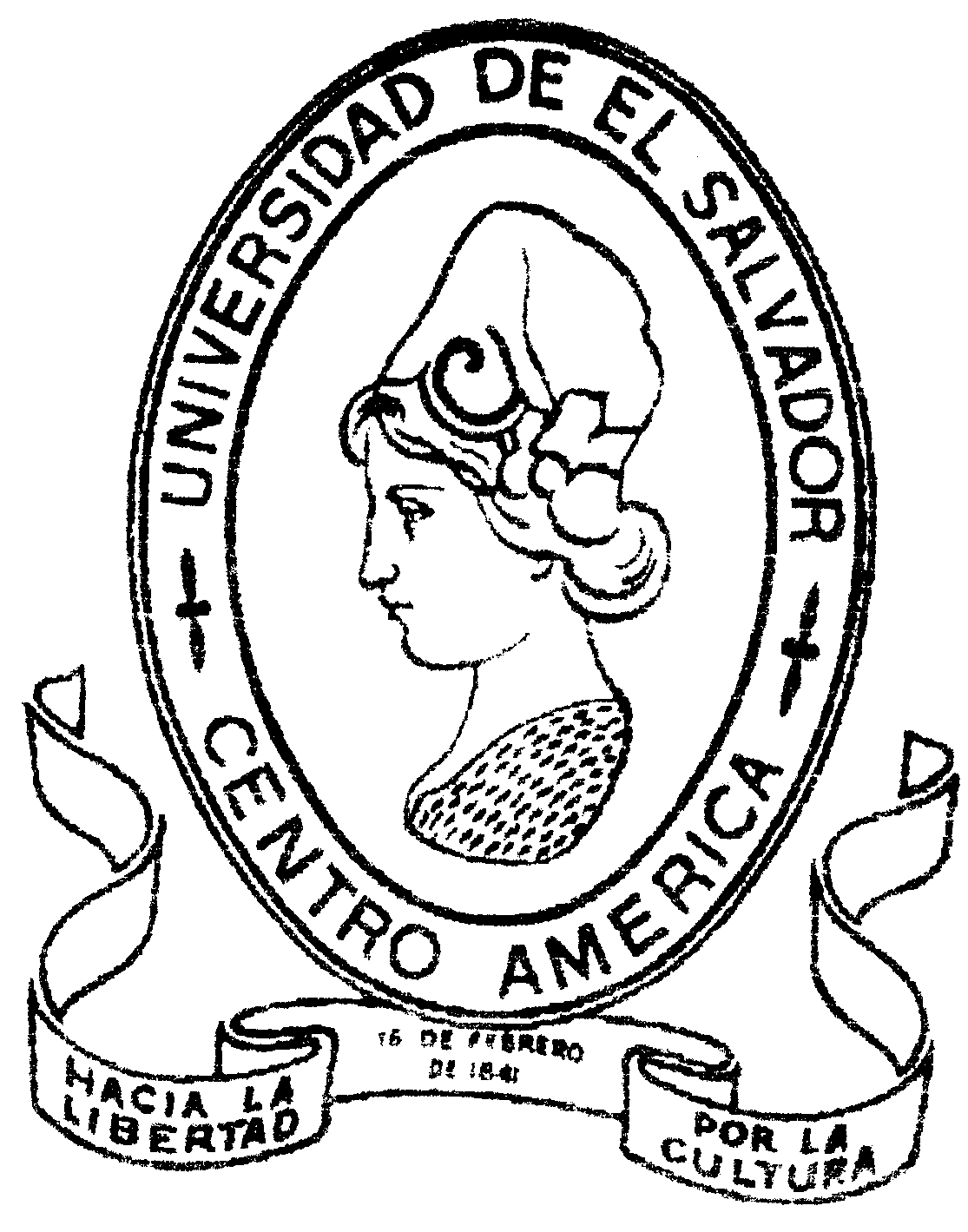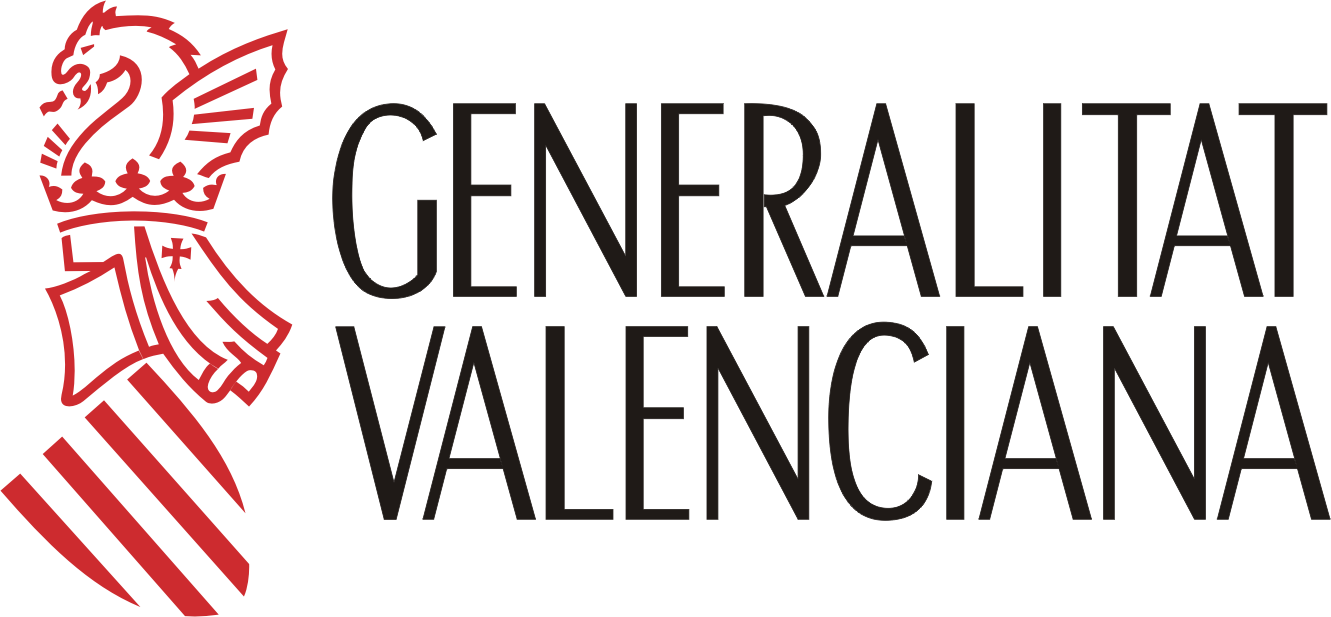THE SEVEN KEY CONCEPTS OF ESD CITIZENSHIP AND
12 SEVENTH REGULAR MEETING OF THE OEASERWXIII672 OPENING STATEMENT CHAIR OF THE SEVENTH
11 SECTORAL DETERMINATION SEVEN DOMESTIC WORKER SECTOR SUMMARY PART
14 ALL OF GOD’S CHURCHES THE SEVEN CHURCHES INTRODUCTION
14 INSTITUTE FOR CHRISTIAN TEACHING EDUCATION DEPART OF SEVENTHDAY
15 STATEMENTS OF SIGNIFICANCEREASONS FOR LOCAL LISTING SEVENOAKS SITES
The seven key concepts of ESD
The seven key concepts of ESD
Citizenship and stewardship
Recognises that people have rights and responsibilities to participate in decision making and that everyone should have a say in what happens in the future. This involves a willingness to act as responsible citizens while developing the ability to engage with and manage change at individual and social levels. Pupils are expected to know and understand the connection between personal values, beliefs and behaviour and how the school and community can be managed more sustainably.
Sustainable change
Promotes an understanding that there are limits to the way in which the world, particularly the richer countries, can develop. The consequences of unmanaged and unsustainable growth might include increasing poverty and hardship and the degradation of the environment, to the disadvantage of everyone. This involves pupils in understanding how their home and school may be managed more sustainably and beginning to question decisions, practices and processes that affect sustainable development issues.
Needs and rights of future generations
This concept is about learning how we can lead lives that consider the rights and needs of others and recognising that what we do now has implications for what life will be like in the future. This involves pupils in discussing the way they live and the products and services they use, to distinguish between actions and products which are wasteful and those which are sustainable. This should enable pupils to begin to assess the sustainability of their own lifestyle.
Interdependence
Involves an understanding about the connections and links between all aspects of people’s lives and places at a local and global level, and that decisions taken in one place will affect what happens elsewhere. Pupils should develop an understanding that living things depend on each other and should acquire a sense that all living things have value. This should lead to an understanding that what people do elsewhere affects them, the places they live, other people, and plants and animals. They should become increasingly aware of the global context within which trade, industry and consumption operate.
Diversity
This concept is about understanding the importance and value of diversity in people’s lives – culturally, socially, economically and biologically – and realising that all our lives are impoverished without such diversity. Through learning, pupils should appreciate cultural and biological diversity in the school and locality and eventually be able to reflect critically on, and engage in, debates and decisions on political, technological and economic changes which impinge on diversity and sustainability.
Uncertainty and precaution
Involves a realisation that because people are learning all the time and that their actions may have unforeseen consequences, they should adopt a cautious approach to the welfare of the planet. This implies understanding that different people want to do things in different ways and are able to listen to arguments and weigh evidence carefully. Pupils should thus be able to think critically, systematically and creatively about sustainable development issues, solutions and alternatives.
Quality of life, equity and justice
Recognises that for any development to be sustainable, it must benefit people in an equitable way. It is about improving everybody’s lives. At a basic level this involves understanding the essential difference between needs and wants and developing a sense of fairness. It involves understanding the difference between quality of life and standard of living and seeks a good quality of life for all people, at local, national and global levels and an appreciation of why equity and justice are necessary to a sustainable society.
18 KRISTINA OF SWEDEN AND SEVENTEENTH CENTURY EUROPEAN READING
2 RETHINKING REPRESENTATION SEVEN THEORETICAL ISSUES DARIO CASTIGLIONE UNIVERSITY
28 1 IT WAS SEVEN IN THE MORNING IN
Tags: citizenship and, citizenship, seven, concepts
- DETAILED MAP OF ASC LOCATION AT 101B SUN AVENUE
- BENNETT JONES PARTNERSHIP LANDLORD FEE INFORMATION BENNETT JONES PARTNERSHIP
- OBČINA MISLINJA ŠOLSKA CESTA 34 MISLINJA RAZPISNA DOKUMENTACIJA ZA
- DIOCESE OF LEEDS DBI SECTION 48
- LEY DE ZONAS METROPOLITANAS DEL ESTADO DE COLIMA DIRECCIÓN
- CIUDAD DE LA LUZ TERMINA EL AÑO 2010 CON
- SPOROČILO ZA JAVNOST 41 REDNA SEJA VLADE RS 29
- RELATIONS IN HOME NURSING THIS PAPER DISCUSSES THE SUBSTANCE
- 4 BUDAPEST FŐVÁROS II KERÜLETI ÖNKORMÁNYZAT KÉPVISELŐTESTÜLETÉNEK 152012(IV 25)
- CLIMATE MONITORING PRODUCTS IN SOME AFRICAN COUNTRIES COUNTRY PARAMETER
- 1ER CONGRESO SOBRE BIOÉTICA Y TRASPLANTE TRASPLANTE HEPÁTICO DE
- TÝDEN OD 25 1 2021 (13) ZÁPADNÍ EVROPA
- Comunicazione Rinuncia Procedura di Ammortamento Il Sottoscritto
- LOS DIEZ MANDAMIENTOS DE LA LEY DE DIOS EN
- CHARLA INFORMATIVA HONDURAS PROGRAMA UNA MANO PARA CRECER JUEVES
- KATOTOHANAN [168] PAGE 17 MGA CRISTIANONG IGLESIA NG DIYOS
- MEDIDAS MÍNIMAS SOBRE ACCESIBILIDAD EN LOS EDIFICIOS REAL
- LESSON ELEMENT EXPERIMENTAL DESIGNS INSTRUCTIONS AND ANSWERS
- WWWCHIESACATTOLICANET FREE DVDS AND BOOKS 1 LE RIVELAZIONI CELESTI
- Recommendation Itur F3397 (022006) Bandwidths Signaltonoise Ratios and Fading
- 3 CONFORMED COPY LOAN NUMBER 8055AM LOAN AGREEMENT (ELECTRICITY
- 11AAU CUBESAT BRIEF DESIGN DESCRIPTION THE MAIN PURPOSE
- 5 PRINCIPALES CONCLUSIONES OBTENIDAS A PARTIR DE LAS RESPUESTAS
- ANNEXURE C USER MANUAL FOR CREATION OF CIC HOW
- Pctwg114 Page 3 Wipo e Pctwg114 Original English Date
- ACTIVIDAD DE TUTORÍA LOS PREJUICIOS 1 OBJETIVOS 11EXPERIMENTAR
- SECTION COVER PAGE SECTION 07 21 16 20110815 NON‑RIGID
- 3 TEISMŲ TARYBA NUTARIMAS DĖL TEISĖJŲ SVEIKATOS PATIKRINIMO TVARKOS
- FINDINGS AND DECISION FILE NUMBER LM01188 APPLICANT FR
- WWWREPRESENTANTESLACENTRALCOM MOLLY MALCOLM WEBSITE HTTPWWWMOLLYMALCOLMCOM EXPERIENCIA PROFESIONAL TEATRO OBRA
NETHERLANDS HELSINKI COMMITTEE (NCH) (THE HAGUE) INTERIGHTS (LONDON) HELSINKI
 OUR REFERENCE 09114 FOI 88073 FEBRUARY 2014 FREEDOM OF
OUR REFERENCE 09114 FOI 88073 FEBRUARY 2014 FREEDOM OFZAŁĄCZNIK NR 3 DO SIWZ NR SPRAWY 27UODPADY NIEBEZPIECZNE2006
 STEM BY NATURE PROFESSIONAL LEARNING PROGRAMME SCHOOL ESTABLISHMENT LOCAL
STEM BY NATURE PROFESSIONAL LEARNING PROGRAMME SCHOOL ESTABLISHMENT LOCAL PERFORMANCE CONTRACT DATE OF CONTRACT PURCHASER THIS PERFORMANCE AGREEMENT
PERFORMANCE CONTRACT DATE OF CONTRACT PURCHASER THIS PERFORMANCE AGREEMENT 71 TESIS ABUSO INFANTIL EN CENTROS ESCOLARES Y HOGARES
71 TESIS ABUSO INFANTIL EN CENTROS ESCOLARES Y HOGARES TEACHER’S NOTES NAMEPER DATE CHAPTER 11 LESSON 1 NOTES
TEACHER’S NOTES NAMEPER DATE CHAPTER 11 LESSON 1 NOTES CERERE STANDARDIZATĂ PENTRU AVIZAREA DOCUMENTAŢIILOR DE URBANISM PRIVIND ZONE
CERERE STANDARDIZATĂ PENTRU AVIZAREA DOCUMENTAŢIILOR DE URBANISM PRIVIND ZONE LIQUIDACIÓ DE LAJUT ECONÒMIC PER A LA REALITZACIÓ DACTIVITATS
LIQUIDACIÓ DE LAJUT ECONÒMIC PER A LA REALITZACIÓ DACTIVITATS UN TOTAL DE 280446 IRREGULARES RESIDEN EN LA COMUNITAT
UN TOTAL DE 280446 IRREGULARES RESIDEN EN LA COMUNITATJUDETUL OLT SCURTA PREZENTARE A JUDETULUI SUPRAFATA DE
 CAPÍTULO 6 ORGANIZACIÓN DE LOS DATOS PÁGINA 11 OBJETIVOS
CAPÍTULO 6 ORGANIZACIÓN DE LOS DATOS PÁGINA 11 OBJETIVOSPAPA MARCO 34º PAPA DELLA CHIESA CATTOLICA ELEZIONE
ORTI URBANI PIANOTERRA – IL NOSTRO PROGETTO NEL 2018
SECTION 04720 – INTERIOR THIN CAST STONE FABRICATIONS
EL PRINCIPIO DE ESTABILIDAD PRESUPUESTARIA EN ESPAÑA Y LA
 NOMBRE APELLIDOS [DIRECCIÓN CP CIUDAD] [TELÉFONO] [CORREO ELECTRÓNICO] OBJETIVO
NOMBRE APELLIDOS [DIRECCIÓN CP CIUDAD] [TELÉFONO] [CORREO ELECTRÓNICO] OBJETIVONC OFFICE OF INDIGENT DEFENSE SERVICES TRAVEL THIS IS
ΕΚΘΕΣΗ ΑΝΤΙΚΕΙΜΕΝΟ ΗΜΝΙΑ ΠΟΛΗ JANUARY 1 ISMOB ISTANBUL FURNITURE
 WIR BITTEN SIE DEN ANTRAG VOLLSTÄNDIG AUSZUFÜLLEN UND ALLE
WIR BITTEN SIE DEN ANTRAG VOLLSTÄNDIG AUSZUFÜLLEN UND ALLE